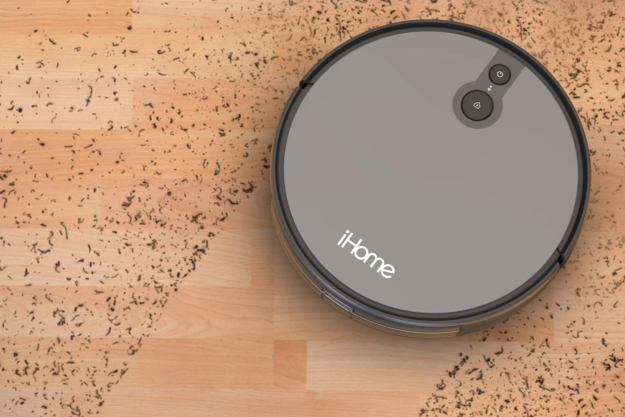Heatwork’s new dishwasher, the Tetra, offers two interesting advantages to kitchen-havers who are looking to save. First, this countertop dishwasher is transparent, so you can see exactly how the dishes are being cleaned. Second, it’s designed to be used entirely without plumbing — there’s no need to hook it up to a water line before you start using it. All the Tetra needs is about 3 liters of water which are used in the washing cycle and disposed of as gray water afterward.
That allows the Tetra to save a considerable amount of water for smaller cleaning jobs, and it’s significantly more affordable than many larger dishwasher models. That’s an interesting prospect for those living in smaller apartments, dorms, or campers where dishes still need washing, but space and money are key considerations.

The Tetra is large enough to hold three full-place settings and has a unique detergent cartridge system for cleaning. Pick your preferred cycle, and the cartridge will inject the dishwasher with only the amount of detergent required for the job. There are five total settings to choose from for cleaning — Standard, an Eco mode for saving water on quick cleanings, a Gentle option for delicate glasses, Plastic mode to avoid melting plastics, and a Fruit setting to quickly clean produce before using it (without detergent). Standard, the longest cycle, is designed to take less than an hour to complete a wash cycle.
When finished, the dishwasher also has a drying fan to help the dishes dry out if you don’t mind keeping them in the washer for a while longer.
If you’re interested in the Tetra, you can preorder it starting today at a special discounted price of $399. The market price will be set at $499 after pre-orders are completed. However, if you do pre-order then be prepared to wait: Shipments are expected to start in May 2022. Also keep in mind that you’ll have to purchase dedicated detergent cartridges for the Tetra, so your favorite flavor of Cascade isn’t going to cut it. On the plus side, Heatworks reports that this helps save on chemical use and helps lower carbon consumption.




